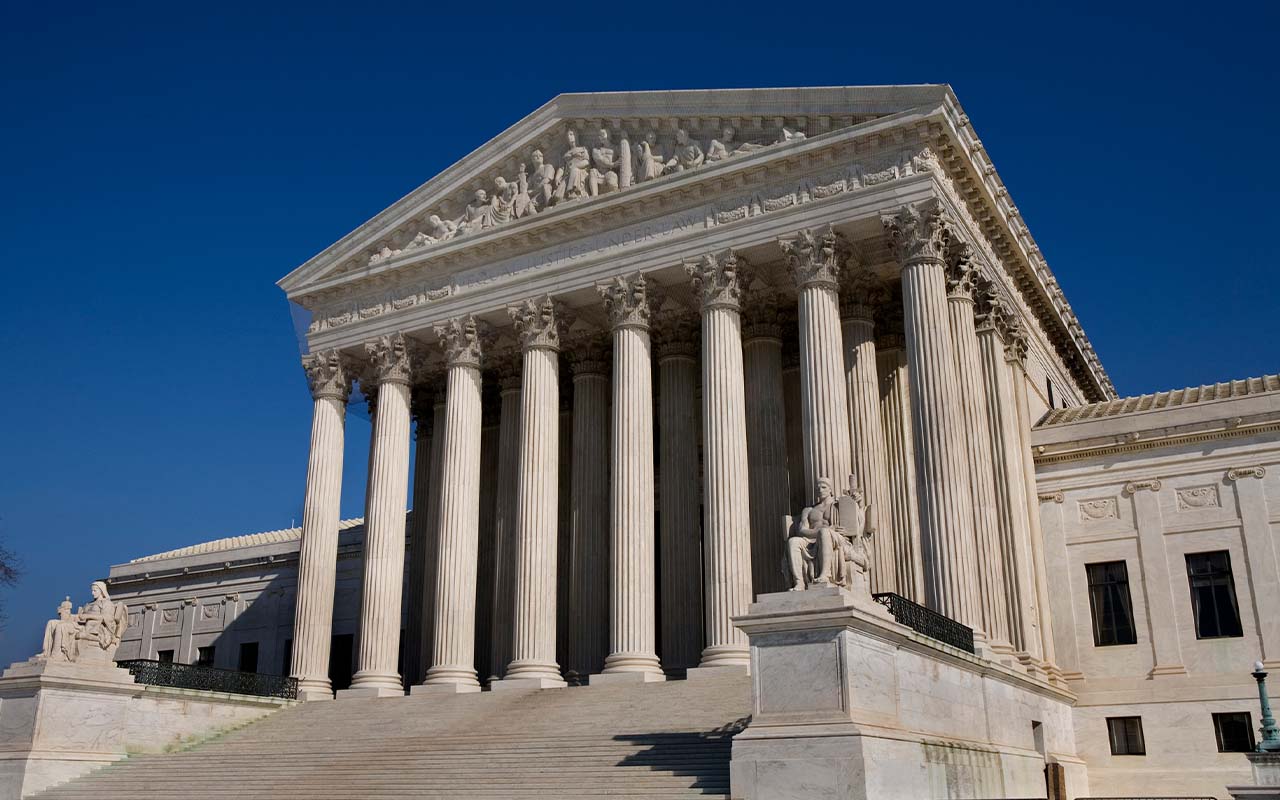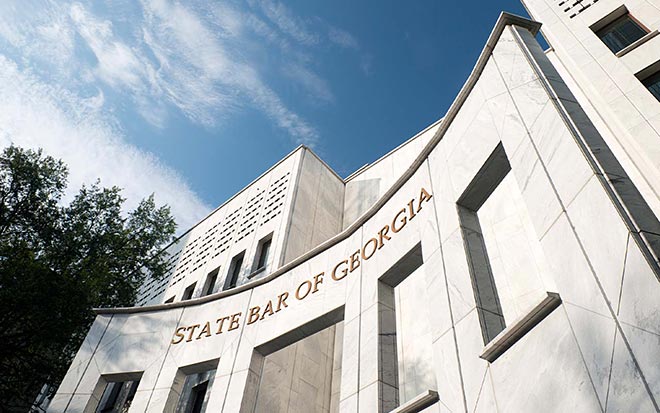October 24, 2019
City of Florence to Hold First Homeless Court
FLORENCE, S.C. — The City of Florence is the latest South Carolina municipality to receive approval from the Supreme Court of South Carolina to create a homeless court. The order was signed on Sept. 16, 2019, and the first homeless court session will be held Oct. 31 at the Courtney McGinnis Graham Community Shelter.
The process to establish Florence’s homeless court began in November 2018 when Florence Municipal Court Judge Debra Jackson sought assistance from Nelson Mullins Riley & Scarborough LLP to first consider whether a homeless court was feasible for Florence and then if so, to assist in its implementation. Nelson Mullins partner George Cauthen and associate Blake Williams assisted throughout the process. Cauthen and others at the law firm have been involved in creating homeless courts throughout South Carolina since helping establish the first one in Columbia in 2015.
The city, along with local homeless advocates like the House of Hope, Lighthouse Mission, and South Carolina Legal Services, had a good structure for assisting homeless individuals who seek relief.
Judge Jackson created a homeless court committee composed of Solicitor Ed Clements; Public Defender Scott Floyd; Commander Anson Shell of the Florence City Police Department; and local homeless shelter directors, local homeless advocates, and local service providers, among others. The committee met approximately six times in the boardroom of the Carolina Bank and along the way conducted one hour of continuing legal education on homeless courts for members of the Florence bar; two site visits to the original South Carolina Homeless Court established in Columbia; two separate training sessions provided by trainers from the American Bar Association Commission on Homelessness and Poverty; the Fifth Judicial Circuit Solicitor’s office, and the Fifth Judicial Circuit Public Defender’s office. Committee member Dr. Ron Murphy of Francis Marion University provided space for training.
Homeless courts provide an incentive for homeless people who have pending criminal charges to seek treatment from a service provider and demonstrate a change of course. If they meet their goals, they may apply to the homeless court and have pending criminal charges dismissed and sometimes prior convictions reopened and dismissed. The charges are limited to misdemeanors and have other limitations. The South Carolina homeless courts have successfully cleared up the records of many homeless people, who have gone on to obtain jobs and stable housing that a criminal record would not have allowed.
In addition to Columbia and Florence, South Carolina has homeless courts in Charleston and Myrtle Beach.
Established in 1897, Nelson Mullins has more than 800 attorneys and government relations professionals with offices in 11 states and Washington, D.C. For more information on the firm, go to www.nelsonmullins.com.








